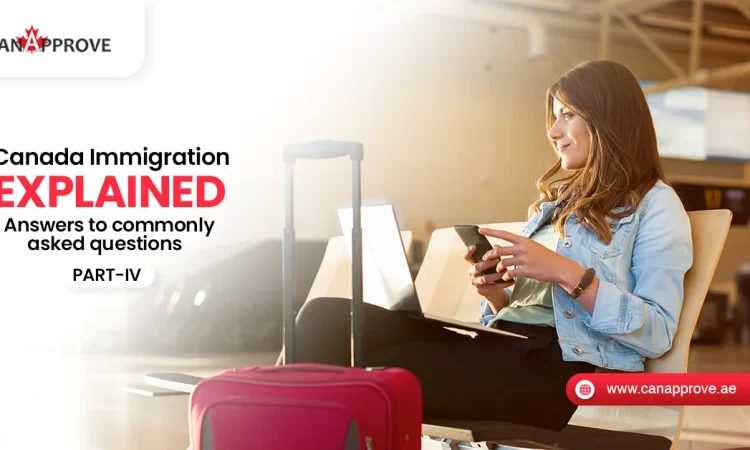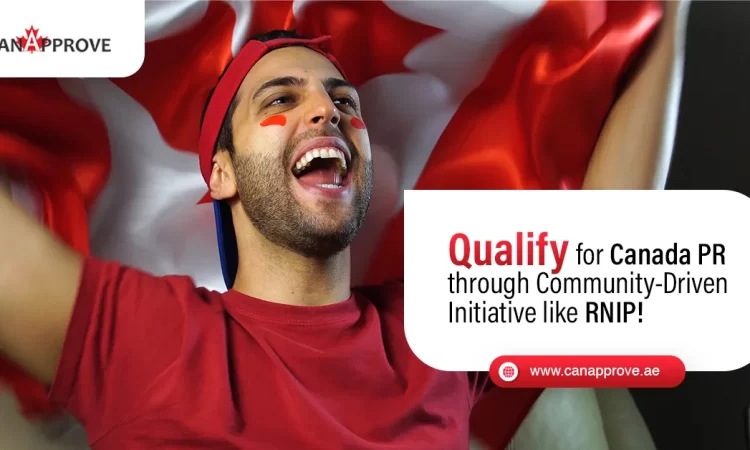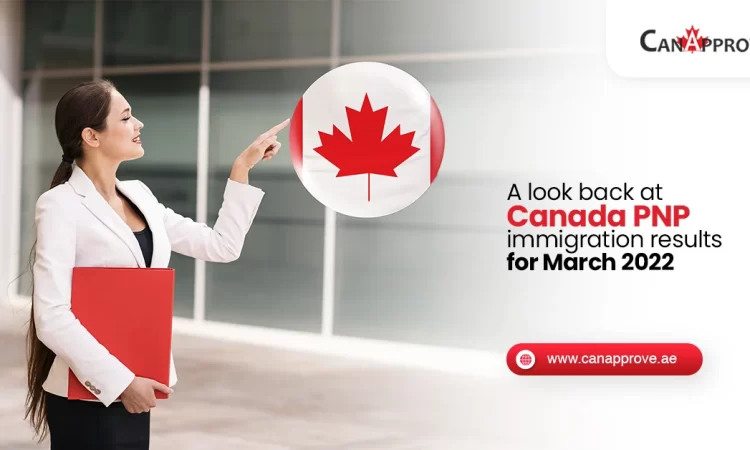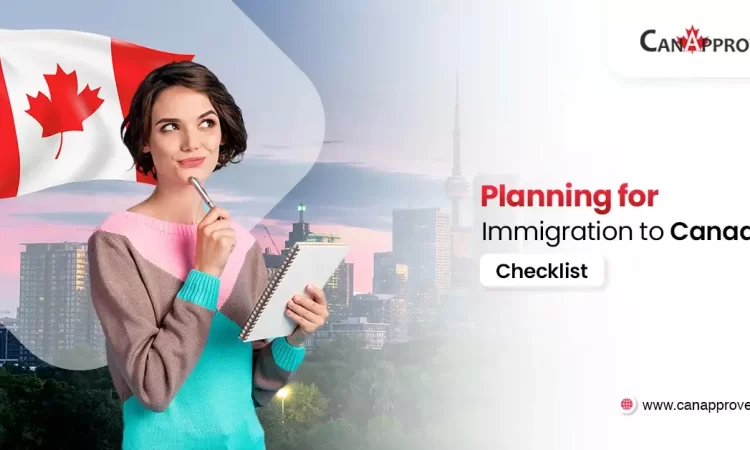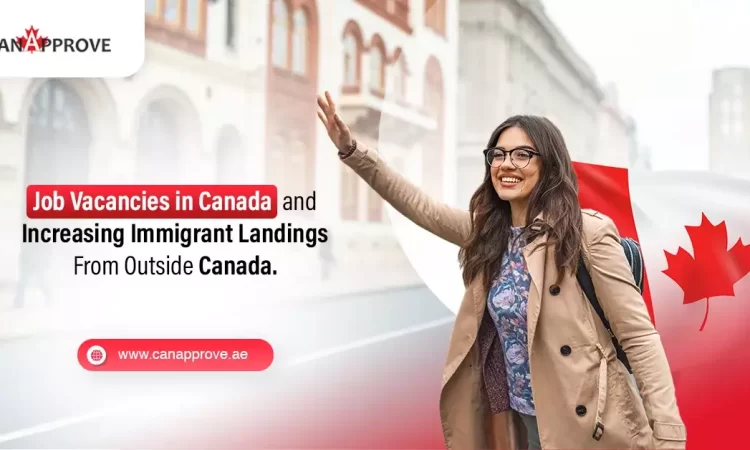Tracing back to the modern Canadian immigration system that possibly began in 1967, the “immigration points system” has evolved considerably today. Canada has been ranked the top nation for immigration in the world multiple times by various reports and indexes. Whether it is for political stability, career prospects, or for the future of their children, Canada is a land of possibilities. This is why we have come up with FAQs on Canadian immigration for you to comprehend your chances of qualifying.
Understanding Canada Through Q&A
In Canada, immigration is the act granting permanent residency status, including to refugees. Furthermore, all Canadian permanent residency holders are eligible to apply for Canadian citizenship after meeting certain requirements. Understanding Canadian immigration through Q&A styled blog like this may invite actual questions that you were looking to get answered from experts for a long. Let’s begin by answering the top 4 frequently asked questions (FAQs) on Canadian Immigration.
Q: Are All Immigrants Eligible for Free Healthcare?
One of the biggest benefits of immigrating to Canada is free health care support. However, Canada offers free health care support only to permanent residents and citizens.
This may mean different things for various categories of temporary visa holders in Canada. For instance, study visa holders may have to pay a fee to get themselves covered under a healthcare plan. Whereas valid work permit holders may be eligible for free in some provinces like Ontario.
Each of the Canadian provinces and territories has the freedom to offer its own health plan, services, and products, or even choose the category of beneficiaries. Newly landed candidates can sign up for their province’s health insurance system and get a health card.
Q: What is the Current Job Vacancy for Immigrants in Canada?
Canada has historically been a land of immigrants. More so in the last decade, Canada became of the top 3 OECD nations to attract highly skilled talents to study, work & settle permanently.
Even though the pandemic slowed down the addition of new immigrants to the ageing local workforce, unemployment rates are now at record lows. What is even more satisfying is that Canadian immigrants enjoy low unemployment rates.
At the same time, Canada is experiencing a record high job vacancy rate with more than 800,000 unfilled jobs!
Despite the tight labor market, Canada’s GDP grew 6.7% in the fourth quarter on an annualized basis, exceeding analyst expectations of 6.5%. This goes on to show the increasing scope for skilled-based immigration to Canada.
Q: Which is a Better Pathway for Canada PR: Express Entry or PNP?
Canada has always remained the frontrunner in attracting the best global talents to study, work and settle permanently. The immigration-friendly country continued to honour its immigration levels target even during the pandemic. Canada issued over 400,000 invitations to apply for permanent residency even in 2020, majorly by transitioning temporary residents who were already in Canada on various work permits.
Since then, IRCC supported all major Provincial Nominee Programs (PNPs) to welcome more eligible skilled candidates to apply for Canadian immigration. This is done to ensure that Canadian provinces meet the local labour shortage demand and the economy revives faster as soon as the pandemic recedes.
Getting a provincial nomination effectively guarantees one’s candidature to qualify for Canadian permanent residence via Express Entry draws. A provincial nomination allows you to stay in that particular province for work. Canada targeted over 83,000 invitations for provincial nominations in 2022 alone.
The Express Entry system is an application database for three immigration programs namely the Federal Skilled Worker Program, Canadian Experience Class, and Federal Skilled Trades Program. Additionally, most PNPs have a dedicated Express-Entry linked stream to invited eligible candidates.
However, the outlook for Express Entry draws in 2022 seems bleak as IRCC will land just about 55,000 profiles. However, Express Entry landings are set to increase over the next two years with IRCC targeting more than 110,000 newcomers by 2024.
Canada will resume Express Entry draws to all candidates in early July. This announcement could not have come at a better time since Express Entry is the main way the federal government welcomes skilled immigrants.
Q: What Are Settlement Supports for Immigrants to Canada?
Canada offers free settlement support to immigrants, even before they arrive in the country. Immigrants can access settlement services by both Immigration, Refugees, and Citizenship Canada (IRCC) and the Ministry of Immigration, Francisation, and Integration (MIFI) for Quebec-bound newcomers.
For instance, there are about 1,200 IRCC-registered service providers across Canada. The country spends about $1.7 billion CAD on settlement services every year to support newcomers, more than anywhere else in the world.
Additionally, if you choose to apply for Canadian immigration with CanApprove, we offer a host of pre-departure and post-arrival immigration services including
- accommodation,
- job search options,
- orientation on the province of stay,
- assistance with IELTS preparation,
- Canada PR services (like help for your Medical Verification documents, Police Clearance Certificate, Proof of Funds documents, and Job Experience supporting document) and much more.
That’s all for this edition of FAQs on Canadian Immigration. Get to Part-1, Part-2 & Par-3 of Understanding Canada Immigration to make an informed choice.
Take this free assessment online to determine your eligibility for more than 100 economic-class immigration streams to Canada.
Don’t forget to book your free appointment with CanApprove, a CICC-certified consultant in Dubai, to determine your eligibility for Canadian immigration based on your work or academic profile.
